The American Civil War was a time of great strife in the nation. Over 620,000 men died on both sides of the conflict. In keeping with the somber spirit of the times, President Abraham Lincoln sent no Christmas cards and set up no Christmas tree. Of course, Christmas itself didn’t become a national holiday until President Ulysses S. Grant signed a congressional bill into law in 1870.
That’s not to say that Christmas wasn’t important. In fact, Christmas was getting a lot of press in the 1850s and 60s, which is one of the reasons why Grant did what he did. The brutality of the Civil War also played a role in the resurgence of Christmas in American life. Ironically, it was the non-religious aspects of Christmas that saw the biggest growth during this period. Not the least of which was the popularization of Santa Claus.
While Santa may have had some origins in St. Nicholas and other regional folklore, he evolved into the jolly old elf we know today thanks in large part to Thomas Nast, a prolific illustrator and cartoonist for Harper’s Weekly magazine. It was Nast who first introduced Santa Claus (aka, Father Christmas) – as a recruiting tool for the Union army! One iconic image from the January 3, 1863 issue of Harper’s, has Santa “on a sleigh handing out packages to Union soldiers in Civil War camp.”
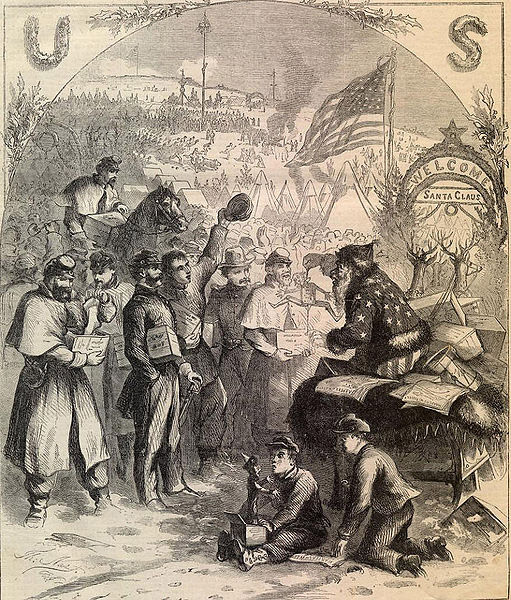
Another showed a Union soldier home on furlough for the holidays (Santa lurks in the left hand panel).
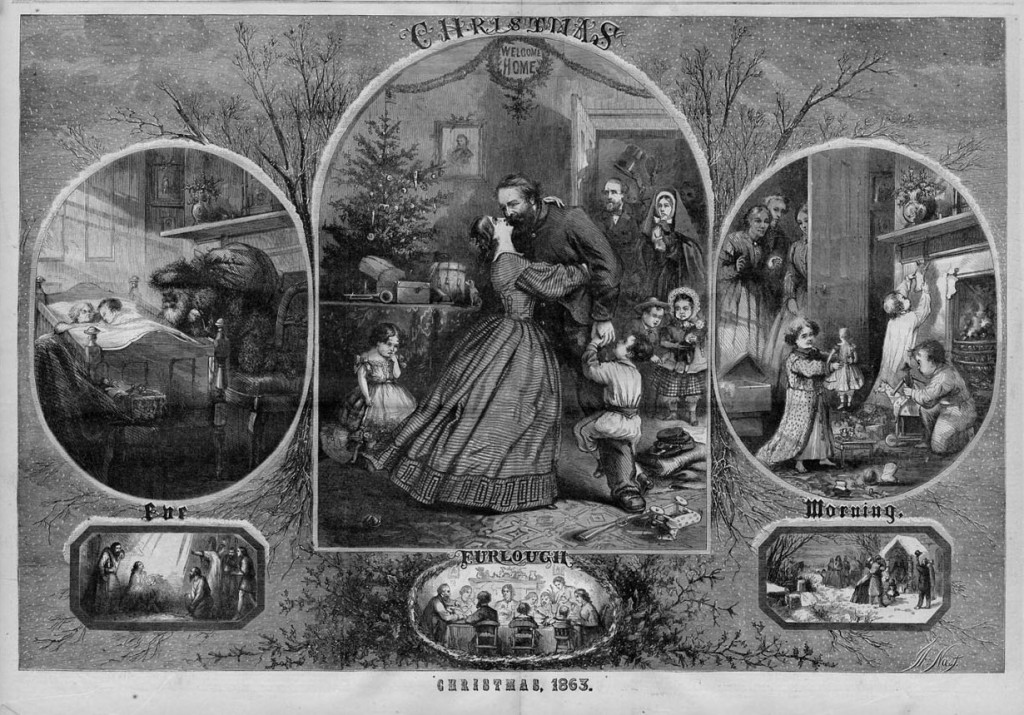
So Santa became propaganda, rallying behind the Union war effort. The South used this to their advantage as well, telling children that those evil Yankees might block Santa’s route from the North Pole down to Confederate territory. This, of course, was long before Coca-Cola turned Santa into a soft drink marketing campaign and Hallmark made a fortune selling Christmas cards.
There was one rather important Christmas celebration for Abraham Lincoln. General William Tecumseh Sherman, who had been decimating a path toward the sea throughout the fall of 1864, wired Lincoln in the White House on December 22nd. The wire said:
“I beg to present you, as a Christmas gift, the city of Savannah.”
He also had captured “150 heavy guns and plenty of ammunition,” along with “about 25,000 bales of cotton.” An ecstatic Lincoln replied with “many, many, thanks for your Christmas gift.” As devastating was Sherman’s destruction during his march, it helped bring the war to an end a few months later.
Merry Christmas and Happy Holidays from me and Science Traveler. Watch for much, much more in the new year.
David J. Kent is the author of Lincoln: The Man Who Saved America, now available. His previous books include Tesla: The Wizard of Electricity and Edison: The Inventor of the Modern World (both Fall River Press). He has also written two e-books: Nikola Tesla: Renewable Energy Ahead of Its Time and Abraham Lincoln and Nikola Tesla: Connected by Fate.
Check out my Goodreads author page. While you’re at it, “Like” my Facebook author page for more updates!
Follow me by subscribing by email on the home page. Share with your friends using the buttons below
[Note: This is a slightly modified version of an article first posted in 2013]
Like this:
Like Loading...




 An exceptional scholarly treatment. Author Fornieri examines the age-old question of what makes Abraham Lincoln great. His answer lies in the belief that Lincoln was a philosopher statesman, which he defines as being understood in terms of six dimensions of political leadership.
An exceptional scholarly treatment. Author Fornieri examines the age-old question of what makes Abraham Lincoln great. His answer lies in the belief that Lincoln was a philosopher statesman, which he defines as being understood in terms of six dimensions of political leadership.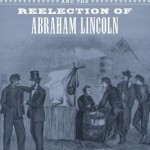
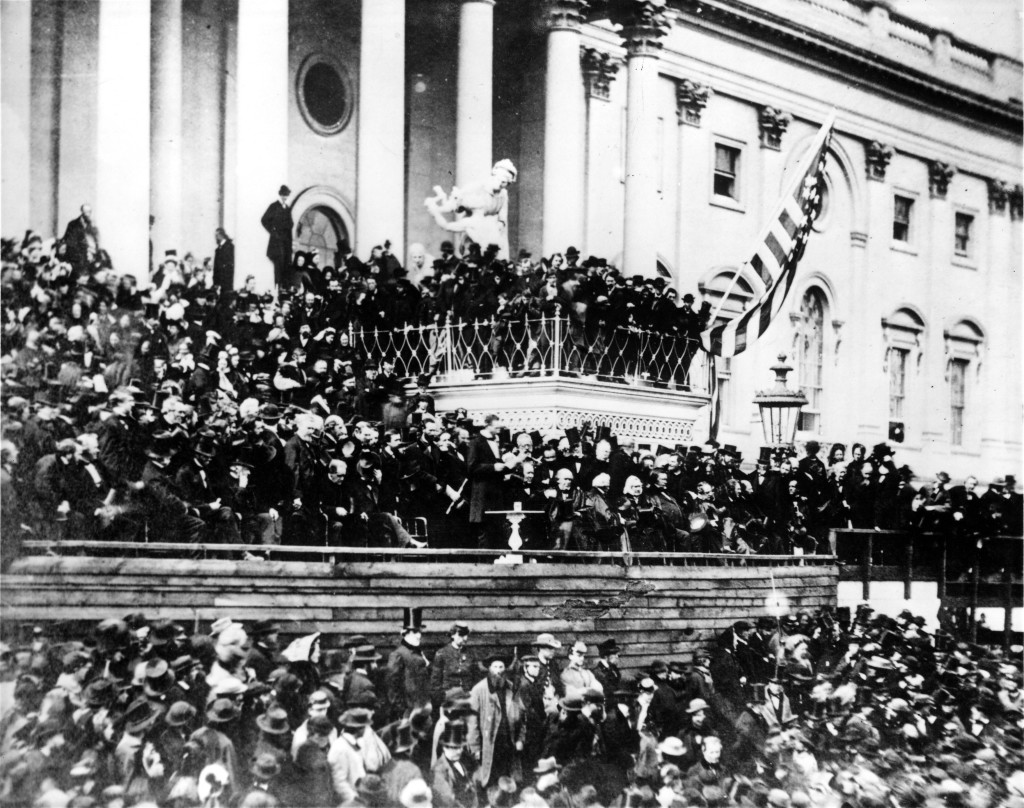
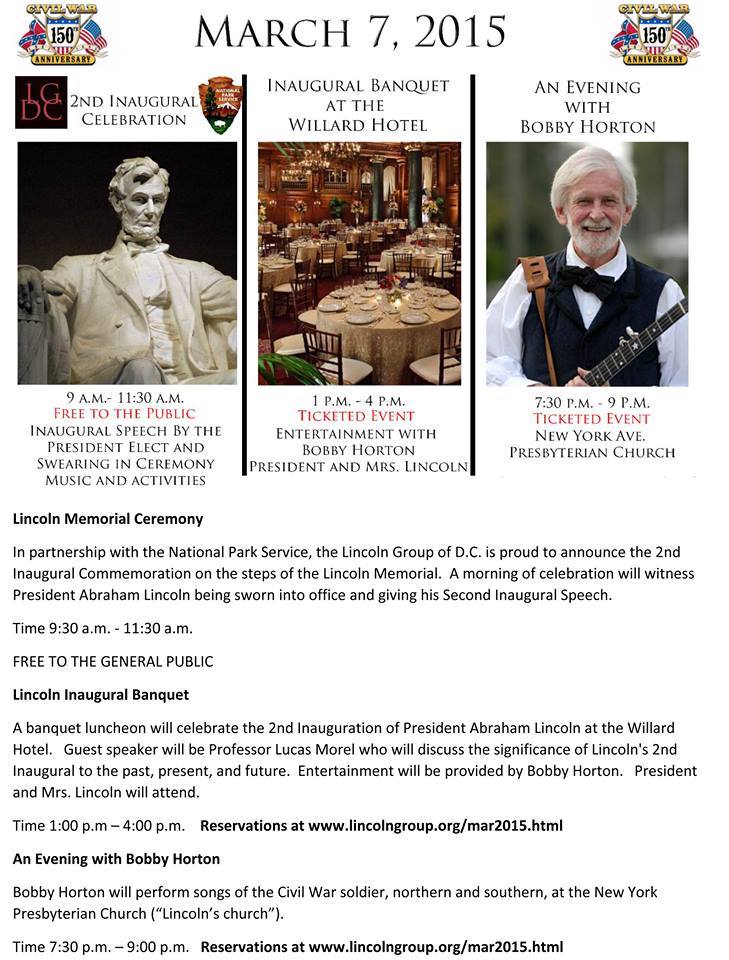
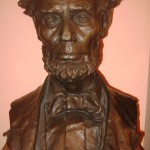 Today is the 206th birthday of Abraham Lincoln, our 16th and perhaps most well known President. And as usual, I’m chasing Abraham Lincoln.
Today is the 206th birthday of Abraham Lincoln, our 16th and perhaps most well known President. And as usual, I’m chasing Abraham Lincoln.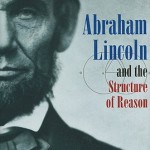 The main thesis of this book is that Abraham Lincoln’s greatness came from his mastery of the “six-books of Euclid” geometry, and the subsequent application of the six elements of Euclid into his logic, reasoning, and speeches.
The main thesis of this book is that Abraham Lincoln’s greatness came from his mastery of the “six-books of Euclid” geometry, and the subsequent application of the six elements of Euclid into his logic, reasoning, and speeches.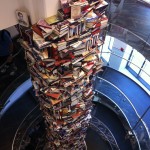 I’m lucky to have a growing collection of books about Abraham Lincoln. Nowhere near the 15,000 books reportedly written about our 16th President, but my sagging bookshelves now hold over 900 titles. The number of actual books is well over 1000 when one figures that some “titles” are 3 or 6 or 10-book sets.
I’m lucky to have a growing collection of books about Abraham Lincoln. Nowhere near the 15,000 books reportedly written about our 16th President, but my sagging bookshelves now hold over 900 titles. The number of actual books is well over 1000 when one figures that some “titles” are 3 or 6 or 10-book sets.

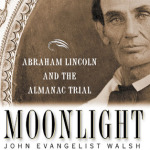 Most people only think of Abraham Lincoln as our 16th President, but prior to that Lincoln had a long career as a lawyer. Much of his legal work was mundane, but he did occasionally get involved in some high profile cases that showed his logic and guile.
Most people only think of Abraham Lincoln as our 16th President, but prior to that Lincoln had a long career as a lawyer. Much of his legal work was mundane, but he did occasionally get involved in some high profile cases that showed his logic and guile. Abraham Lincoln grew up reading everything he could get his hands on in the largely illiterate western frontier of 19th century America. So it’s no small irony that estimates of books written about Abraham Lincoln run over 15,000 volumes. Some day I’ll count up the number of books about Lincoln I’ve read (I’m guessing over 200) but for now I’ll give you three quick reviews of books related to Lincoln’s own love of books. All of these and more can be found on
Abraham Lincoln grew up reading everything he could get his hands on in the largely illiterate western frontier of 19th century America. So it’s no small irony that estimates of books written about Abraham Lincoln run over 15,000 volumes. Some day I’ll count up the number of books about Lincoln I’ve read (I’m guessing over 200) but for now I’ll give you three quick reviews of books related to Lincoln’s own love of books. All of these and more can be found on 






